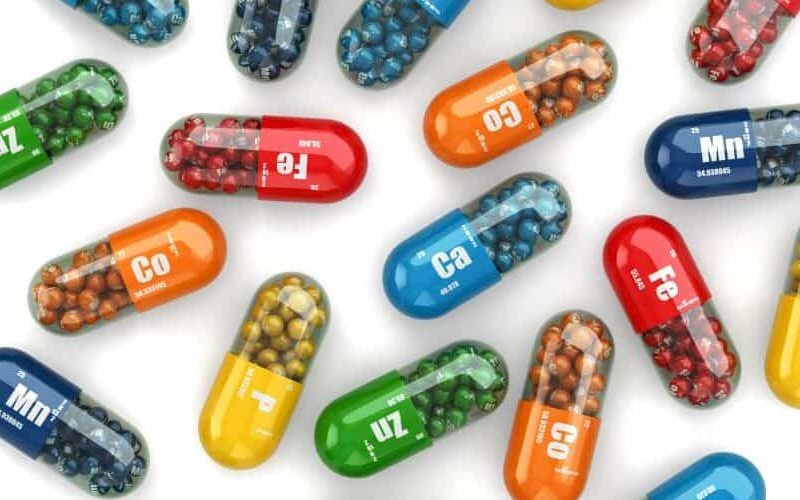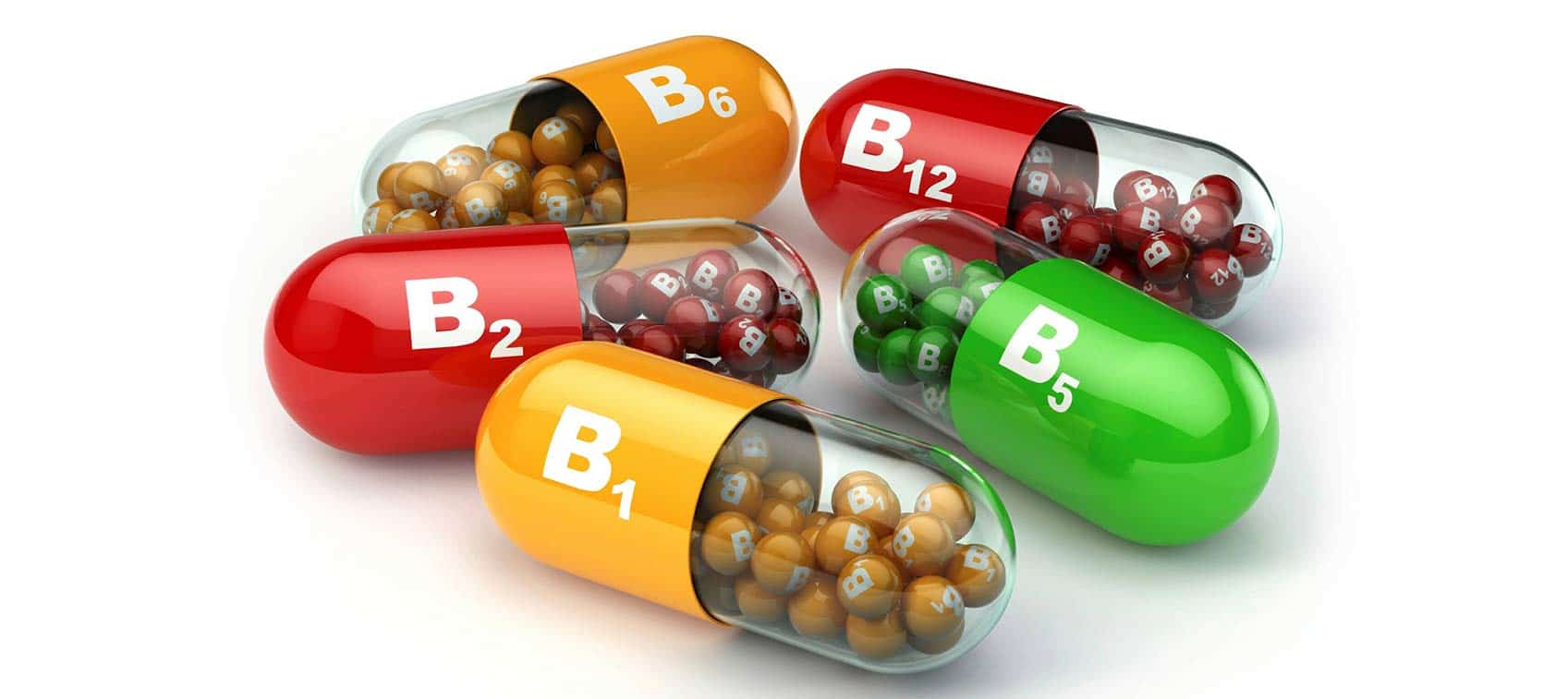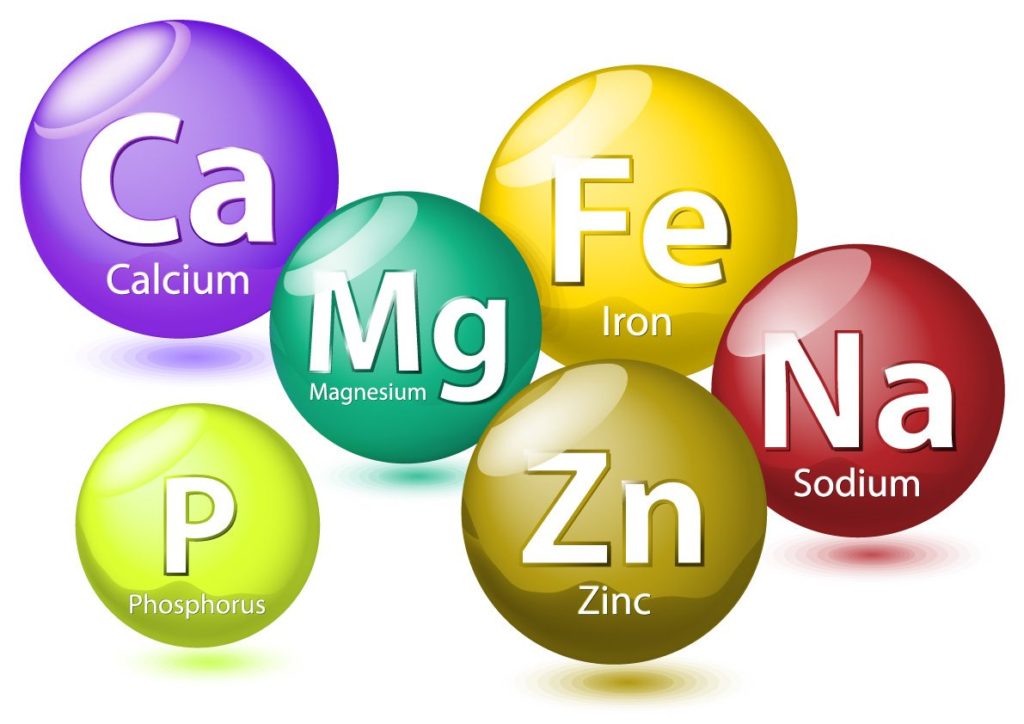Nutrition is an important aspect of life, it determines the status of our health, how long we live and how happy we are when being alive.
Nutrition is not only about stopping hunger or getting energy, it also determines the type of body we have, how strong our body is in fighting infections.
The type of food we eat provides building blocks for our body to repair itself every day. There are six classes of nutrients and the body needs all in balanced proportions but many people are unaware of this.
The main classes of nutrients are carbohydrates, proteins, fats and oils (being the most popular), vitamins, minerals (the most often overlooked nutrient and most people don’t even know what they do), and water. In this article, we will be looking at the roles of vitamins and minerals in the body.
Their natural sources and what will happen if they are too low or lacking totally from the body. Vitamins and minerals are essential nutrients; the body needs them for vital functions where they help perform hundreds of roles in the body.
They are only needed in little amounts and if over taken (especially through supplements) can give rise to health complications. Taking one mineral too much can make the absorption of other mineral impossible leading to a deficiency.
A healthy diets consisting of fruits and vegetables is the best way to get sufficient amounts of minerals and vitamins that your body needs.
Vitamins
They are five types of vitamins (A, B, C, D, E and K) where they are grouped into two: water soluble vitamin and fat soluble vitamin.
Water Soluble Vitamins
This group of vitamins can be dissolved by water, they are found in the watery portions of fruits and vegetables, and immediately the food or supplement is broken down, they are absorbed into the blood stream.
Absorption and circulation of water soluble vitamins in the body is easy and fast because 70% of our body is water, they kidney play a role in regulating the amount of water soluble vitamins by excreting excess of it in the urine.
Vitamin B complex (B1, B2, B3, B5, B6, B7, B9 and B12) and vitamin C are water soluble vitamins, they have many functions in the body but the most important functions are:
- Release of energy, they help in releasing the energy present in the foods you eat.
- They help in keeping the tissues healthy. Vitamin C does this by strengthening the immune system.
- They produce energy.
- They make collagen and other important structural proteins of the body. Vitamin C does this and it uses the collagen to heal wounds, supports blood vessels and it also forms raw materials for teeth and bones.
Fat Soluble Vitamins
These vitamins cannot enter into the blood stream directly; they have to enter the blood stream through the lymph channels present in the walls of the small intestine.
There are proteins that carry these vitamins round the body. Fatty foods and oils serve as reservoirs for these vitamins, fat tissues and the cells of the liver helps to store them till they are needed by the body.
Vitamins A, D, E and K in this class of vitamin and their functions are:
- They help to repair vital organs and tissues of the body like lungs, skin, eyes, GIT and nervous system.
- They help the body in building strong bones.
- They help give us good vision and protect our eyes, e.g. vitamin A.
- They help the body in absorbing and storing nutrients e.g. vitamin E.
- They help in protecting the body against oxidation by acting as an anti-oxidant.
Minerals
Minerals are also grouped into two: major and trace minerals.
Major Minerals
The minerals that fall under this group are calcium, chloride, magnesium, phosphorus, potassium, sodium and sulfur. Their functions are:
- Maintain proper level of water in the body (sodium, potassium and chloride).
- They give healthy and strong bones (calcium, phosphorous and magnesium).
- They help in stabilizing protein structures like nails, skin and hair (sulfur).
Trace Minerals
For the fact that there are needed in trace or very little quantity does not make them less important than major minerals.
Minerals under this group are chromium, copper, fluoride, iodine, iron, manganese, iron, molybdenum, selenium and zinc. Their functions are:
- Iron helps in transporting oxygen throughout the body.
- Fluoride prevents tooth decay and strengthens bones.
- Copper helps several enzymes that regulate important functions of the body. They also forms part of key enzymes and enhance their activities.
- They help to prevent damage to the cells of the body.
The best sources of vitamins and minerals are fruits, green leafy vegetables, organic grown foods, nuts, seeds and spring water.
When any of these vitamins and minerals are lacking from the body, their roles won’t be performed and this will lead to serious health complications like weakened immune system, loss of vision, weak bones and teeth, malnutrition, infertility, impaired tissue and organ functions, abnormal metabolism and sometimes death if not addressed.
As said earlier, the best sources of these nutrients are fruits and vegetables, taking them regularly will give your body its right doses, it is very rare to have overdose of vitamins and minerals by taking fruits and vegetables, overdose and toxicity comes when one is taking the supplements.
Vitamin and mineral supplements are very important too, they are prescribed by doctors to patients who have become critically ill due to a mineral or vitamin deficiency and in this case, there is no amount of fruit and vegetable that you can eat to bring up the level of the deficient mineral to foster quick healing.
So when you are prescribed a mineral or vitamin supplement, take it as prescribed by the doctor, do not overtake it to prevent toxicity and overdose.
When you get better and your supplements have finished, you can now switch to eating fruits and vegetables daily to help you maintain that healthy balanced level of mineral and vitamins and to prevent coming down with a deficiency.







